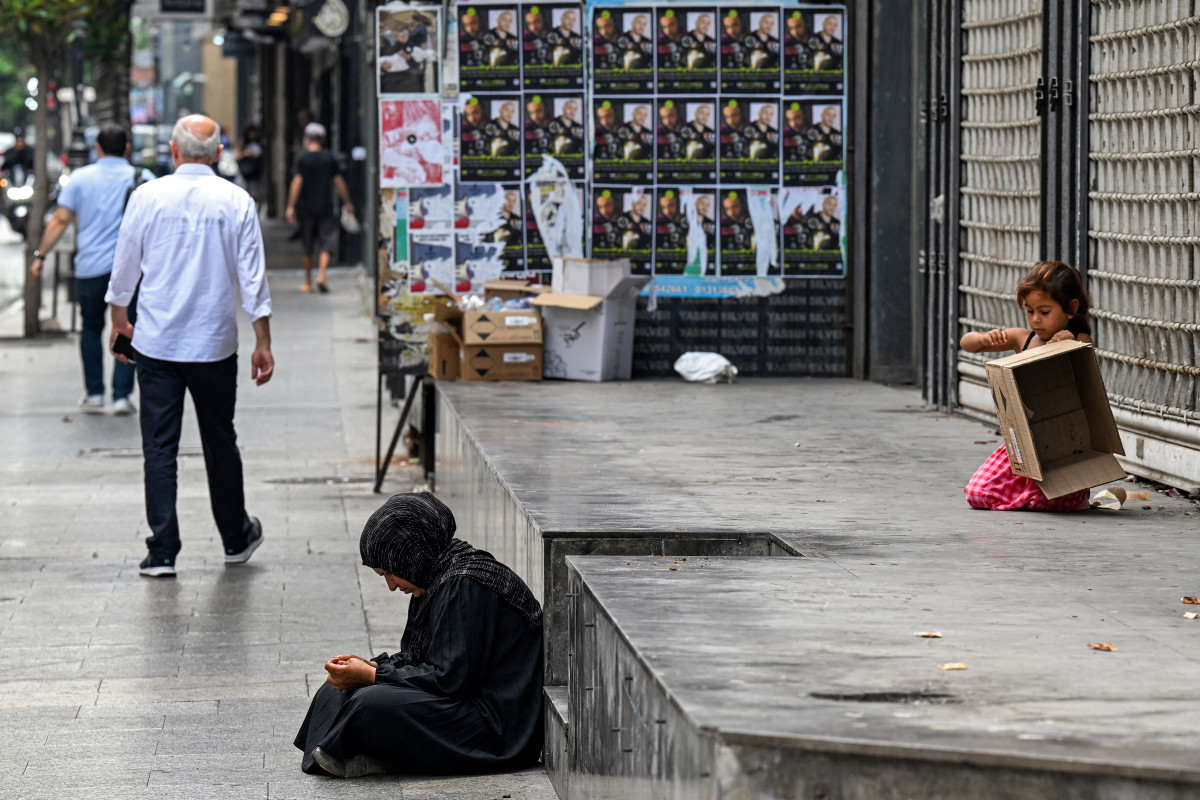While Hezbollah and Nasrallah are making a show of muscle against Israel, the Lebanese Al-Nashra newspaper exposes the true and difficult situation of Lebanon. Since the economic and financial crisis broke out in 2019, the political actors in the country have claimed that Lebanon, after formulating the necessary plans, will need 3 to 5 years to recover from the difficult situation.
Today, as the end of the fifth year approaches, it seems that the political actors have only succeeded in turning the country into a beggar, looking for “offers” from other countries to ensure the minimum needs for its residents. In this context, the electricity crisis that broke out at the end of last week, which recalls the story of Pech Hashem, may be another evidence of the difficult situation in Lebanon.
“Lebanon’s hard hours”: the film that documents how the cedars fell into flames
“Unable to bear the costs”: while Nasrallah threatens – Lebanon is falling apart
This is the help that came from the Algerian government, which immediately sent quantities of oil to restore the power plants, after the Iraqi government had done so earlier. Ironically, while the local electric company intended to raise prices under the guise of improving service and adding working hours, the result was that citizens were forced to pay high fees without receiving the promised service.
The various political players, who have been dealing with the ongoing electricity crisis for years, were quick to thank the Algerian government and the president Abd al-Majid Tabun even though it is only basic assistance. They praised the Algerian government’s step as if it were a handout, when in fact it is a minimal step. It is clear that this will not be the last time that Lebanon will reach out and wait for a new “offer” from other countries.
Some think that this is only a crisis in the electricity sector and that in Lebanon they have not been able to find a solution to it despite all the various reforms that have been introduced in the sector. The reason, it is argued, is the focus on the disputes between the parties, with each side blaming the other for failure, while the result remains the same. However, in practice, this behavior reflects a wider problem that characterizes the state of Lebanon. All the calls for change and reform failed to convince the state to take real steps, since all the political forces are busy with internal struggles and are not really interested in carrying out reforms. In fact, all parties declare the need for reform, but the main problem is corruption and the leaders who are not interested in advancing the process.
Along with electricity, the crisis is also in the field of security. The military and security forces have been relying on aid they received from the United States and Qatar for about months. It is not just about fuel or equipment, but also a financial contribution to the uniform wearers so that they can receive the minimum needs for their lives and the lives of their families. The story is similar in the field of education as well – the institutions are waiting for the aid they were promised after they agreed to take in the Syrian displaced people in the education system. Also in the field of sports, Lebanon is waiting for the Egyptian initiative that may lead to the restoration and renovation of the sports fields throughout the country.
Politically, since the end of the term of the former president Michel Aon Almost two years ago, Lebanon is having trouble finding a new president. The local forces alone are unable to decide on the identity of the next president, and await regional and international developments that can guide the decision. This situation results in the fact that on a daily basis additional complexities are caused, which link the election process.
In conclusion, the Lebanese newspaper says that many years ago, most citizens asked many questions about the reasons that prevented the official authorities from addressing the phenomenon of begging on the streets. Today, the problem has only intensified: the state itself has become a beggar itself, and those responsible for it are not only not ashamed of it, but see it as pride.
